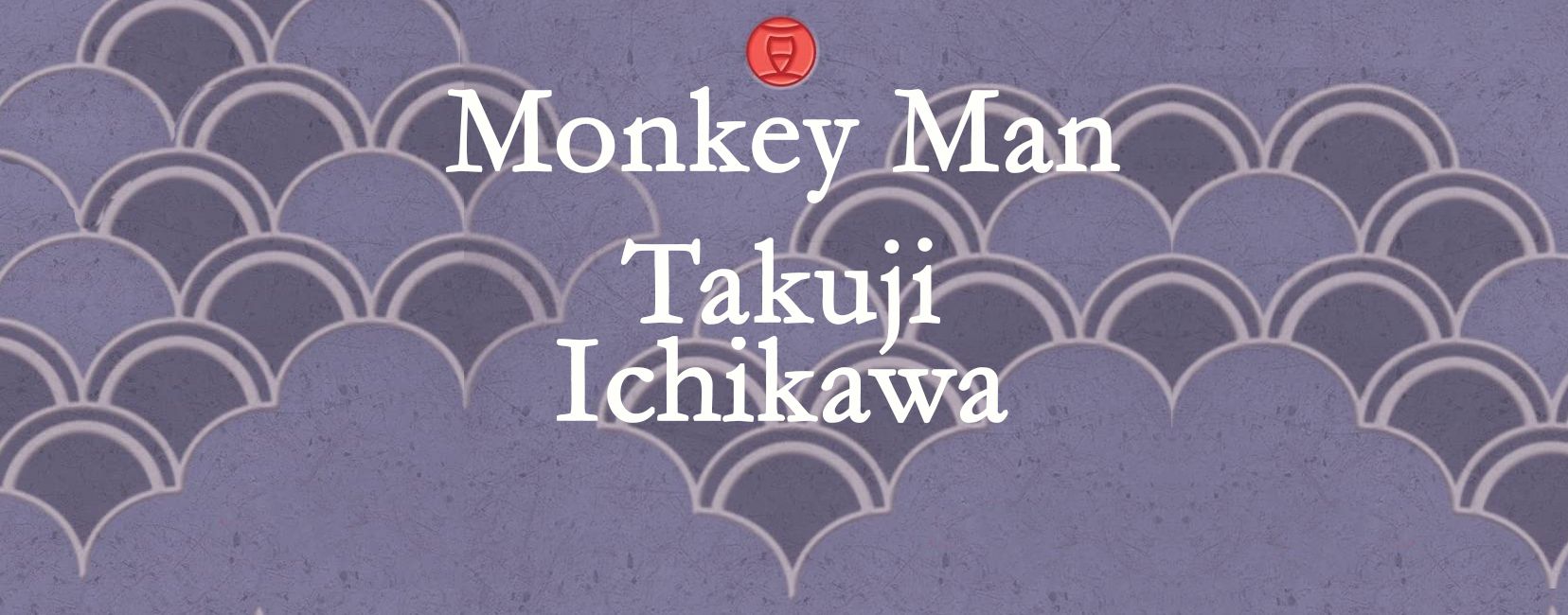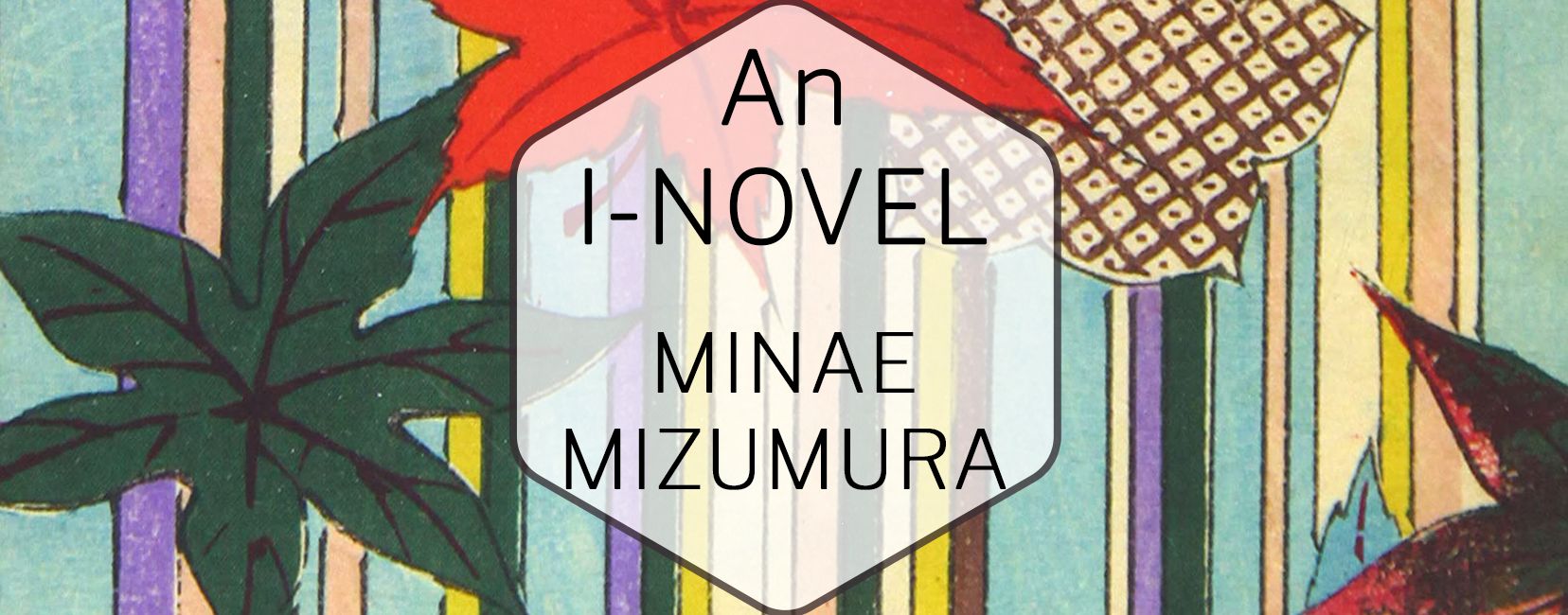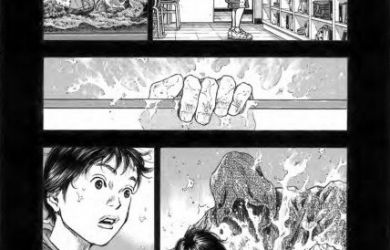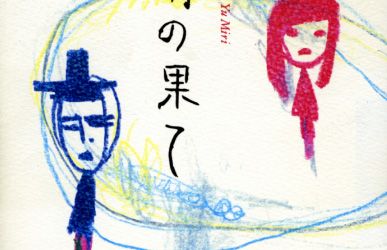
September 14, 2021
What’s New in Translation?
Two newly translated Japanese novels to read this autumn
By Metropolis
The English and Japanese-language literary spheres have been on fire in recent years, with internationally acclaimed Japanese authors and translators reshaping our reading lists and bringing new voices to the global stage. With so much choice, it’s hard to know what pages to open next, but two Japan-based authors share which translated works should be on your reading radar this autumn.
“Monkey Man”

Iain Maloney:
It’s not often that the English translation of a story written in Japanese comes out before the original, but that’s part of Red Circle’s MO: going directly to the source and commissioning new short stories and novellas from some of Japan’s leading storytellers. Its latest – the seventh release – is the second from Takuji Ichikawa. Set in the same universe as his earlier novella, “The Refugee’s Daughter” — though not a sequel, just adjacent — it is a gripping mix of the fantastical and the everyday. High school kids with superpowers has been something of a vogue theme of late and “Monkey Man” fits nicely into that camp. Told from the perspective of Yuri, by her own admission “an ordinary 17-year-old girl” the titular hero is Tengo, a far-fromordinary 17-year-old boy. He is Yuri’s — and our — route into the secret world of the Awakened. Looping in online games, Extinction Rebellion, a fiercely anti-capitalist message and all the anime-esque mutant powers you could hope for, “Monkey Man” is unapologetically utopian.
Ichikawa writes in the afterword that, despite this being a particularly low point in human history, “I believe that narrative fiction has the power to change the world. One writer alone won’t be able to generate a huge difference, but if there were 10,100 or 1,000 such writers, perhaps that will bring about change.” It’s a bold claim, and one that the cynical will mock, but Ichikawa’s faith in Gen Z is infectious. “Monkey Man” pulses with energy and positivity, and we need more, much more of that in the world.
Iain Maloney is the author of the critically acclaimed memoir
“The Only Gaijin in the Village” (Birlinn, 2020), three novels and a collection of poetry.
Born in Aberdeen, Scotland, he is also a freelance editor and journalist.
“An I-Novel”

Rebecca Otowa:
This is a most unusual book, both in content and from the viewpoint of translation. Minae Mizumura’s version of the I-novel (shishosetsu), a confessional literary form that arose from naturalistic movements around the turn of the last century, is a semi-autobiographical account of the 20th anniversary of her family’s move to the United States and her decision to return to Japan to write in her native language. She spends the day musing on the significance of these things and talking to her sister on the phone. Mizumura has written four novels, this being her second. An earlier work, “The Fall of Language in the Age of English” (Columbia University Press, 2008), is a poignant treatise on the plight of writers in other languages as English holds sway in international literary circles.
The novel’s bilingual structure would seem to make an English translation impossible. Each page of the original contains English words and phrases and thus reads “from left to right” as the original title says, and horizontally, instead of in vertical lines from right to left. How to translate the book into English while keeping the distinctive flavor and impact of the mix of two languages? Carpenter has done a masterful job, setting the original English in bold, including a sprinkling of Japanese characters, and giving a smoothly flowing account of the protagonist’s thoughts and feelings on this pivotal day in her life.
Rebecca Otowa was born in California, U.S. and has written and illustrated three
books, including the short-story collection “The Mad Kyoto Shoe Swapper” (Tuttle, 2019).
When not writing, she’s often going caring for her 350-year-old farmhouse and garden in
Shiga Prefecture with her family.
More about manga and literature in Japan:

One of the most anticipated Japanese novels of 2021

‘My Pointless Struggle’ by Yohei Kitazato
The secret to success in Japan’s cut-throat business world? Being as selfish as possible

Why the World Needs Literature
Conversations with award-winning author Yu Miri and translator Morgan Giles







